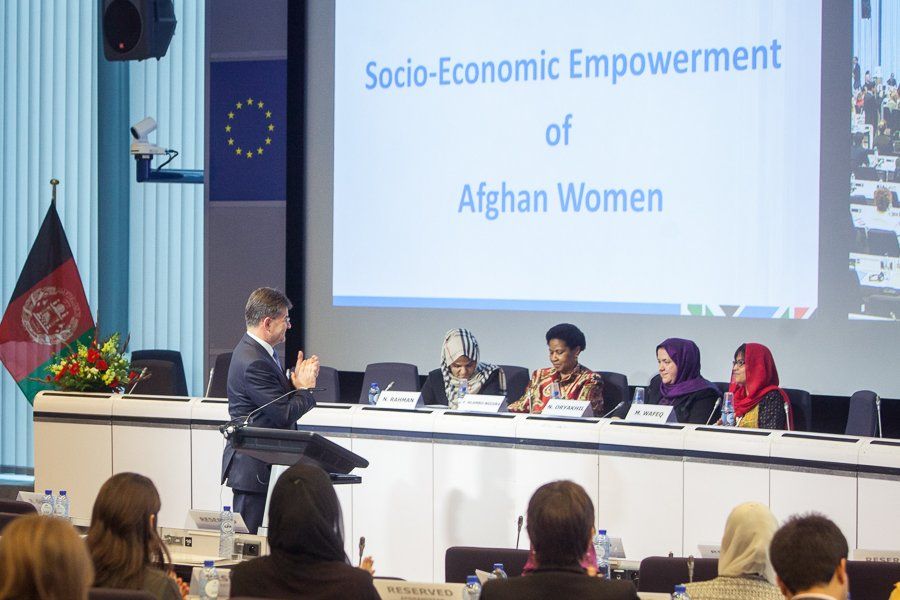In connection with the EU-hosted Brussels Convention on Afghanistan, Kristian Jensen, the foreign minister, has announced that Denmark’s aid support to Afghanistan will continue for 2017-2020 and remain largely unchanged.
Denmark is prepared to invest 1.7 billion kroner over the next four years in order to assist the embattled nation create security, stability, reform and a better future for its population.
“The Danish efforts have made a difference over the past few years, and in the coming years we will focus on economic growth, education and the rights of women and girls,” said Jensen.
“Even though the government has solid plans, Afghanistan is still in a fragile state and a difficult place to cultivate progress. We support the Afghan government’s reform ambitions, but quicker steps need to be taken in order for the population to see concrete progress.”
READ MORE: Denmark sending more soldiers to Afghanistan
Slight dip in funds
Jensen went on to highlight corruption as a serious stumbling block to development in Afghanistan and that more should be done to tackle it. Denmark has established a number of school-level initiatives that aim to overcome the issue.
From 2013-2016, Denmark forked out about 500 million kroner a year in aid to Afghanistan – an amount that has now been slightly reduced to about 425 million kroner a year for 2017-2020.
The Brussels Convention on Afghanistan aims to strengthen the co-operation between Afghanistan and the international community. The 28 EU member states, 47 other nations and 25 international organisations are expected to participate.















